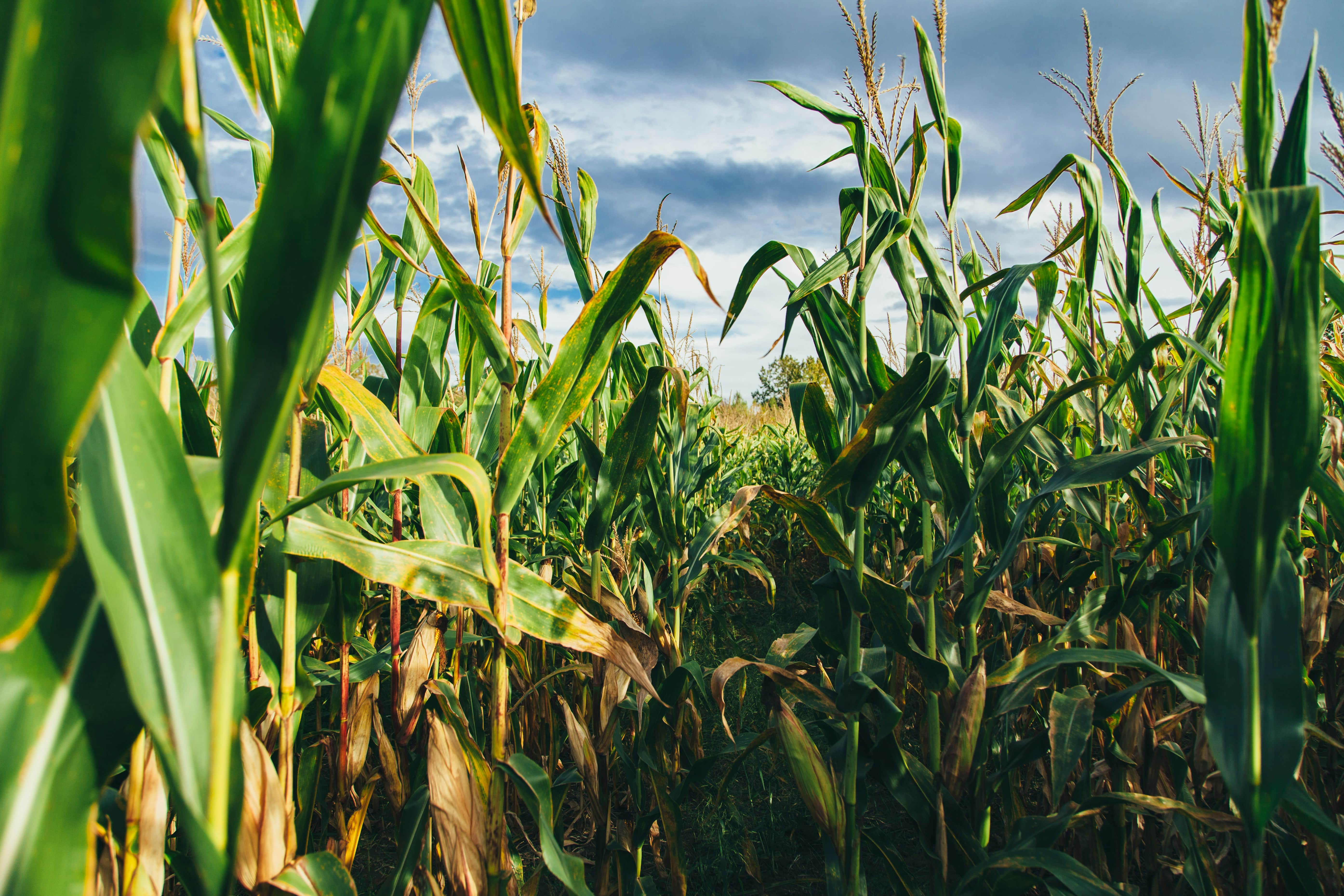Key Takeaways:
- Penn State researchers received a $974,891 grant from the U.S. National Science Foundation.
- The project focuses on understanding corn kernel development's molecular and physiological processes.
- The study will investigate the basal endosperm transfer layer, crucial for nutrient transport within the kernel.
- Findings may enhance the genetic and epigenetic understanding of corn and other cereal grains, improving crop quality and production.
Grant and Project Overview
A research team from Penn State’s College of Agricultural Sciences has been awarded a grant of $974,891 by the U.S. National Science Foundation (NSF) for a project to explore the molecular and physiological processes vital to corn kernel development. Corn kernels are a significant global source of food, animal feed, biofuel, and ingredients in various food products.
Research Focus
The project, led by Surinder Chopra, professor of maize genetics, will investigate the processes of packaging DNA in the cell nucleus required to develop the endosperm. The endosperm is a critical component of the corn kernel, storing essential nutrients such as sugars, starch, and proteins. Chopra noted, “The endosperm of the corn kernel is composed of several functionally unique cell layers that support kernel development.”
One specific area of interest is the basal endosperm transfer layer, which transports sugars from the plant to the endosperm. “This project investigates the metabolic processes of development in one such layer, the basal endosperm transfer layer,” Chopra explained.
Methodology
The research will utilize corn mutants with defects in the basal endosperm transfer layer linked to unusual expression of tricarboxylic acid cycle genes and metabolites. These anomalies impact plant physiology and stress responses. Chopra stated, “This proposal will thus characterize metabolic and gene regulatory events required to maintain cellular homeostasis — a relatively stable equilibrium — during basal endosperm transfer layer development.”
Debamalya Chatterjee, a postdoctoral scholar and co-principal investigator on the project, emphasized the importance of these specialized cells. “Cells of the basal endosperm transfer layer are highly specialized and crucial to filling the kernel with nutrients,” Chatterjee said. The project aims to uncover the biological processes required for developing these specialized cells, with potential applications for other cereal grains.
Potential Impact
Chopra suggested that the study's findings might provide insights into the genetic and epigenetic basis of metabolic processes necessary for developing healthy corn kernels. This understanding could lead to enhanced quality and production. “Epigenetics refers to when genes’ functions are modified without any change in their DNA sequences,” Chopra explained, adding that a better grasp of gene silencing could help create stress-resilient crops.
The project will employ advanced instruments and expertise available through the Core Facilities of the Penn State Huck Institutes of the Life Sciences. The team will collaborate with Neela Yennawar, director of the X-ray crystallography and Automated Biological Calorimetry facility.
Educational Outreach
The project includes educational outreach activities in addition to research. Chopra’s lab will partner with Natasha Tirko, director of the Master of Biotechnology Degree Program at the Huck Institutes, to organize a summer internship program for local high school students. This program, “Corn Summer Internships in Gene Silencing,” will provide hands-on laboratory and field experiences to learn about crop trait inheritance.
The outreach initiatives will involve collaboration with Caitlin Teti, director, and Carol-Beth Book, education program specialist at the Penn State Office of Science Outreach. Additionally, faculty members Sarah Witiak and Rafat Siddiqui from Virginia State University and their undergraduate students will participate in research and outreach activities at Penn State.
Read the complete study here.
Photo by Jesse Gardner on Unsplash


